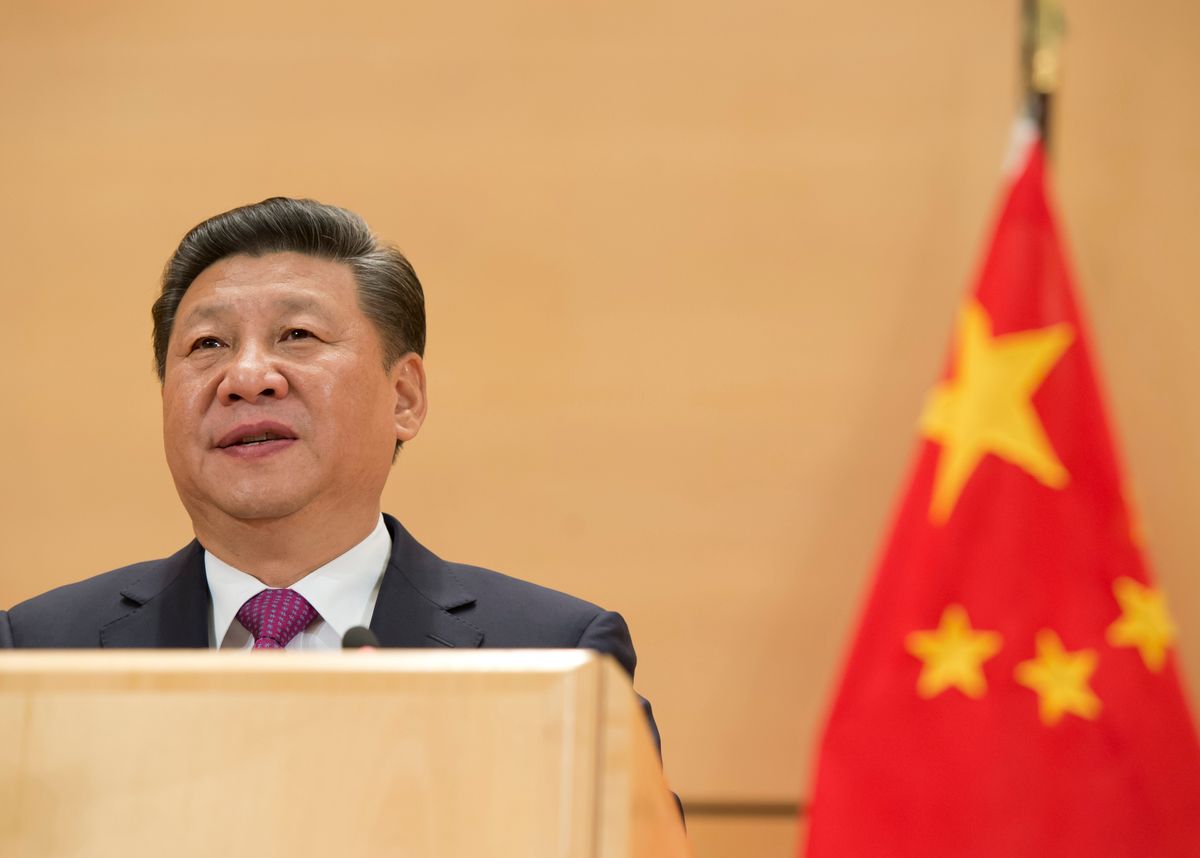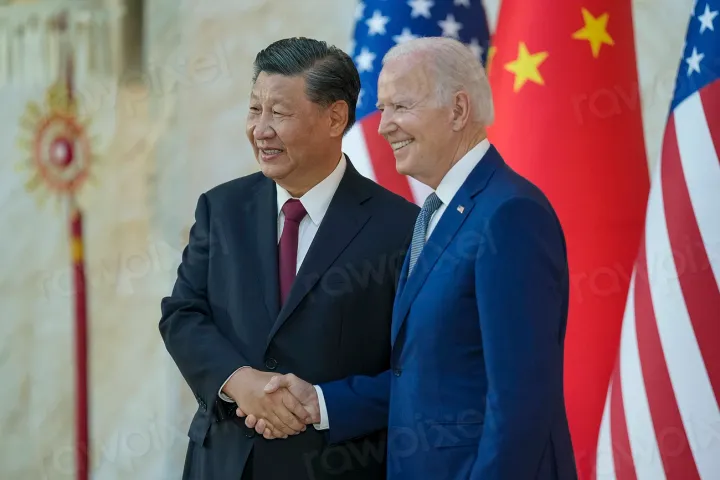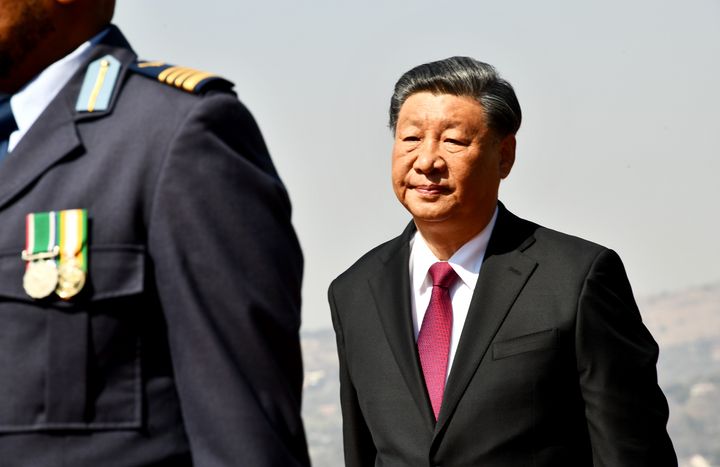China Explores Deeper Ties with Gulf Countries in Energy and Emerging Industries

The Lede: China is pursuing deeper cooperation in the oil and gas sector with Gulf countries, Commerce Minister Wang Wentao said this week. The world’s second-largest economy is interested in exploring potential partnerships in emerging industries, particularly new energy vehicles, encompassing power batteries and smart charging infrastructure.
What we know:
- During a meeting held in Guangzhou, China, with representatives from the Gulf Cooperation Council (GCC), Wang advocated for increased industrial partnerships aimed at enhancing the stability and efficiency of industrial and supply chains, Reuters reported.
- Representatives from China and six Gulf nations convened for a trade and economic forum this week, during which they collectively affirmed their commitment to aligning their development strategies more closely with the Belt and Road Initiative (BRI), according to the South China Morning Post.
- As China seeks to bolster its involvement in energy and infrastructure projects in Gulf countries, Kuwait has expressed readiness to discuss China's role in housing cities and infrastructure development. This initiative was discussed during the China-GCC 1+6 Economic and Trade Ministers' meeting held in Guangzhou last week. The meeting focused on preserving the multilateral trading system, strengthening free trade agreement negotiations, enhancing investment cooperation, developing industrial and supply chains, and promoting infrastructure connectivity and modern energy, Asharq Al-Awsat, an Arabic international newspaper reported.
The background: China's interest in the Gulf region started to intensify in the early 2000s due to its growing energy demands, leading to increased trade and investments. The launch of the Belt and Road Initiative (BRI) in 2013 further solidified China's engagement, aiming to expand economic and strategic ties with Gulf nations. At the top of China’s economic stake in the Gulf region is oil. Currently, roughly 50% of China's oil imports originate from the Persian Gulf region.
China's second-largest supplier of crude oil is Saudi Arabia, while Qatar ranks among the leading providers of liquefied natural gas for China. In the current year, China's intake of oil from Iran has increased to over one million barrels per day due to sanctions imposed on Iran, Russia, and Venezuela by the United States and other nations, according to reporting from Axios. In 2022, the GCC exported slightly over 210 million tons to China, which is more than twice the volume of shipments recorded in 2014, the Atlantic Council reported.
Driven by its substantial $28.8 billion natural gas deal with China and China's growing support for solar energy utilization, Qatar is actively seeking a role in the negotiations for the China-Persian Gulf free trade agreement.
Earlier in spring Saudi Arabia's government-owned oil company, Aramco, unveiled an investment plan involving significant capital injection into China's downstream petrochemical sector. This initiative encompasses the establishment of a new refinery among other ventures.
Meanwhile, the United States had been gradually shifting its strategic focus from the Middle East, including the Gulf region, to the Indo-Pacific. It has been driven by several factors, including the desire to address emerging security challenges in the Indo-Pacific, such as China's rising influence and territorial disputes in the South China Sea.
Likely outcomes/Takeaway:
- China's pursuit of stronger economic ties with Gulf countries is expected to foster deeper energy collaborations, enhance technological exchanges, and promote investments in sustainable energy solutions. It aligns with China's broader Belt and Road Initiative and can lead to substantial infrastructure development in the Gulf region.
- The shift in the U.S. strategic focus from the Middle East to the Indo-Pacific has created an opportunity for China to expand its influence in the region. China's growing economic and strategic ties with Gulf nations could lead to changes in the geopolitical dynamics of the Middle East. But the U.S. may continue to play a significant role in the region, especially in matters related to security and diplomacy.
- Instability in the Middle East, particularly if it escalates and disrupts maritime waters in the Persian Gulf, could harm China by jeopardizing its energy supplies from the Gulf, which are crucial for its economic growth. It could also hinder China's business deals related to digital connectivity and infrastructure development in various Middle Eastern countries.
Quotables:
- “China will actively advance and support bilateral sovereign wealth funds to engage in collaborative exchanges through various means. We will deepen the oil-and-gas cooperation model, strengthen and expand connectivity cooperation, and explore opportunities for infrastructure cooperation in areas such as ports, aviation, telecommunications, pipelines and more.” – Chinese Commerce Minister Wang Wentao.
- “For every three barrels of crude oil that China consumes, more than one comes from the Middle East.” – China’s national oil and gas producer.
Good Reads:
From Russia to the Middle East: Why China can’t afford another big conflict (CNN)
China's economy hinges on a peaceful Middle East (Axios)
China’s economic stake in the Middle East: Its thirst for oil (The Japan Times)



